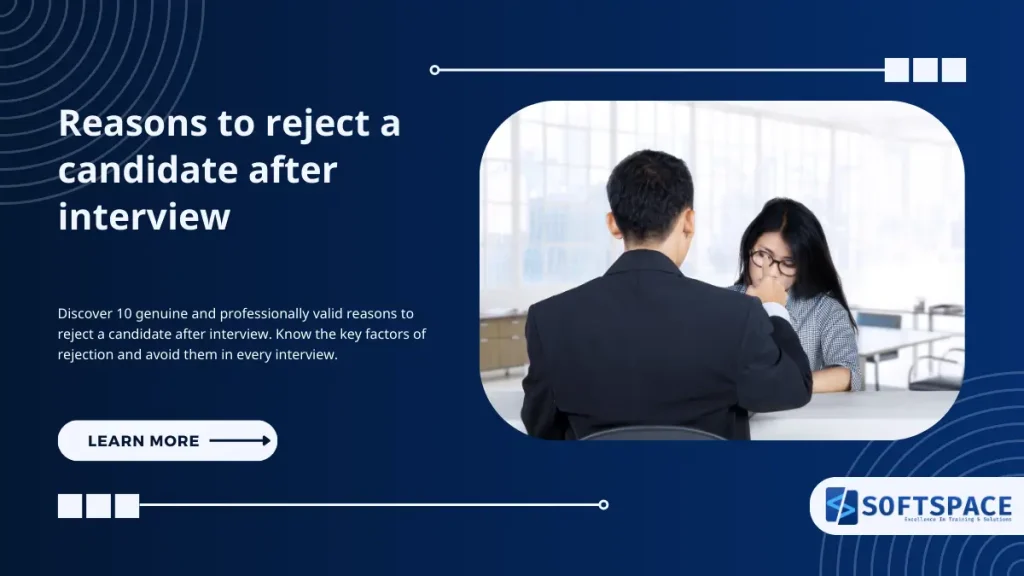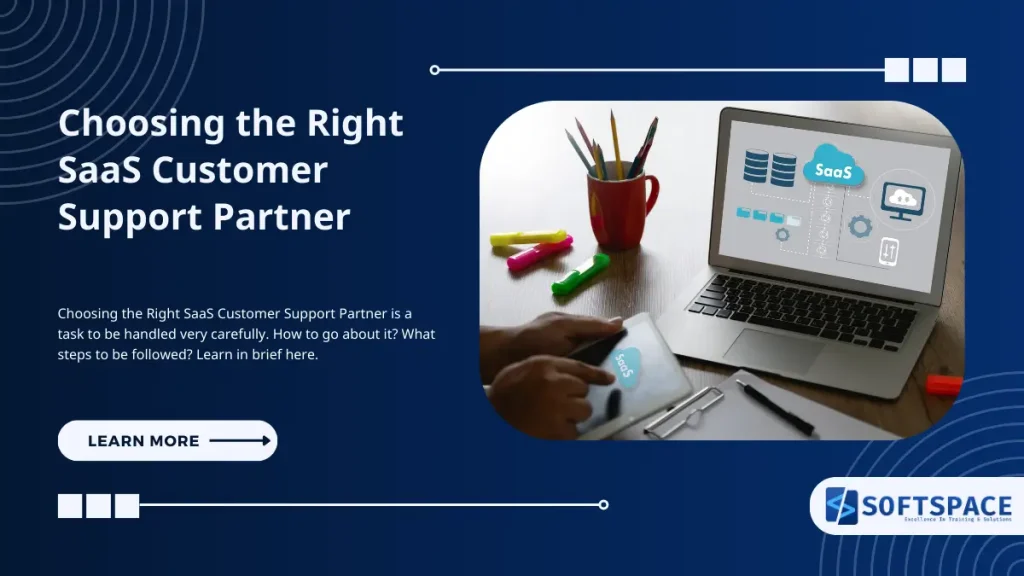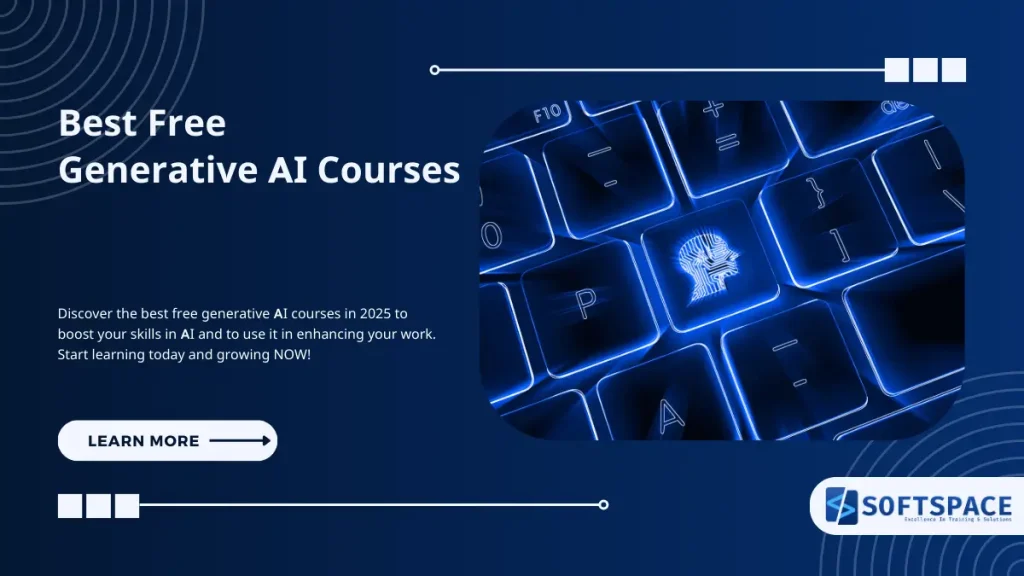Why do candidates get rejected after interviews?
The top 9 reasons to reject a candidate after interview include high competition, which is a factor in 52% of cases, lack of punctuality or professionalism, poor communication skills, and cultural mismatch, which accounts for 60% of hiring regrets. Other reasons are a skills gap, a problematic online presence since 73% of recruiters check social media, inappropriate salary focus, lack of passion, and insufficient relevant experience.
Interview rejection rates increased by 23% in 2025. Companies are becoming more selective because they get 40% more applications for each position. Recent hiring data shows that only 2-3% of applicants who reach the interview stage actually receive job offers.
Critical Interview Statistics:
- Average interview-to-hire ratio: 6.8 interviews per successful hire.
- Time-to-decision: 52 days average hiring cycle.
- Cost of wrong hire: ₹13.6 lakhs, including replacement costs.
- Cultural fit impact: 60% of hiring managers regret their decisions after 6 months.
Success Rate Factors: Candidates who research the company thoroughly are 5 times more likely to succeed. Those who arrive late have a 92% rejection rate. Understanding the reasons for rejecting a candidate after an interview can improve your interview success rate by 340%.

The Critical Importance of Right Hiring Decisions
Finding the right candidate goes beyond matching qualifications on paper. It’s an investment that shapes your organisation’s future. It affects everything from daily operations to long-term success.
Financial Impact of Poor Hiring Decisions
The financial stakes of hiring decisions are higher than ever. According to the latest 2025 data:
- One bad hire costs employers nearly £13,600 on average.
- The average cost per hire is about £3,800, with around 44 days needed to fill a position.
- Executive-level hires come with higher costs, averaging £22,650.
- The average cost of losing a bad hire is £23,700.
These costs include not just direct expenses but also hidden ones like lost productivity, lower team morale, potential damage to client relationships, and the resources needed for hiring a replacement.
Team Dynamics and Culture Impact
Every new hire affects existing team chemistry and the workplace atmosphere. When someone aligns with your company’s values and working style, they improve collaboration and contribute to a positive environment. On the other hand, a misaligned hire can disrupt team harmony, create tension, and significantly lower productivity.
Market Competitiveness and Brand Reputation
Companies with strong employer brands experience 28% less turnover and spend 50% less per hire. The right employees become brand ambassadors. They drive innovation and maintain high service standards while helping to build a stronger, more resilient organisation.
9 Valid Reasons to Reject a Candidate After Interview
9 Valid Reasons to Reject a Candidate
Common Interview Rejection Factors in Today’s Job Market
Rejection Reasons
1. High Competition Among Qualified Candidates
In today’s job market, being qualified isn’t enough. According to research, 52% of recruiters struggle to hire top candidates before their competitors do.
Why this matters:
Even with the right skills, you might not be the best fit for the role, team, or company culture. This is especially true in high-demand fields like data science, where competition is intense despite growing opportunities.
Key takeaway:
- Accept competition as part of the job market.
- Use rejections as fuel to improve your skills and strategy.
2. Lack of Punctuality and Professionalism
Punctuality is essential in interviews. Being late is a major red flag that can cost you the opportunity.
Best practices for candidates:
- Arrive 15–20 minutes early.
- If travelling, scout the location a day before.
- Inform HR immediately if delays occur.
- Respect the scheduled time—it reflects your professionalism.
Why employers reject this:
- Tardiness signals carelessness and a lack of professionalism.
- It raises concerns about future reliability.
3. Poor Communication and Team Collaboration Skills
Modern work environments value collaboration. If you struggle to communicate or work in a team, your chances of getting hired diminish.
Red flags include:
- Difficulty expressing thoughts clearly.
- Disrespect or tension toward potential team members.
- Lack of collaborative problem-solving examples.
- Poor listening or interrupting during the interview.
Reminder:
Your interview behaviour reflects how you’ll interact with colleagues daily.
4. Behavioural or Cultural Mismatch
60% of business leaders regret hiring decisions within 6 months, often due to poor cultural fit.
Common mismatches:
- Communication styles (direct vs. diplomatic).
- Work pace preferences (fast vs. methodical).
- Risk tolerance differences.
- Conflicting leadership or team collaboration styles.
Why this matters:
- Even skilled candidates can struggle in the wrong cultural environment.
- Fit is just as important as qualifications.
5. Skills Gap or Experience Mismatch
When your qualifications don’t align with job requirements, rejection is likely—but it’s not a reflection on your potential.
Common issues:
- Technical skills are below the required standards.
- Too much or too little experience for the role.
- Industry-specific knowledge gaps.
- Missing certifications or licenses.
Employer advice:
- Offer constructive feedback to help candidates grow and reapply later.
6. Problematic Online Presence and Digital Footprint
Your digital presence can make or break your job chances.
73% of hiring managers have rejected candidates based on social media.
Digital red flags:
- Offensive or controversial posts.
- Unprofessional content or photos.
- Negative comments about past employers.
- Inconsistent information across platforms.
Positive digital presence tips:
- Maintain a professional LinkedIn profile.
- Share industry insights or projects.
- Set personal accounts to private.
- Audit your online footprint regularly.
7. Inappropriate Focus on Salary and Benefits
Talking about compensation is normal, but poor timing and approach can cost you the role.
26% of job seekers declined offers in 2024 due to poor interview or expectation management.
Red flags for employers:
- Leading with salary questions in early rounds.
- Prioritising benefits over job responsibilities.
- Making demands rather than having professional discussions.
- Showing no interest in the company’s mission or vision.
Professional approach:
- Address salary after learning more about the role.
- Show genuine enthusiasm for the job, not just the paycheck.
8. Lack of Passion and Clear Career Goals
Employers seek candidates who show real interest and direction.
83% of job seekers said a bad interview experience made them decline roles they initially wanted.
Warning signs:
- Vague or non-existent career goals.
- No research about the company or role.
- Generic answers that show disinterest.
- No curiosity about company growth or personal development.
How to demonstrate passion:
- Research the company thoroughly.
- Ask thoughtful questions about the role.
- Share specific, relevant experiences.
- Explain how the job fits your long-term goals.
9. Insufficient Relevant Experience
Don’t exaggerate on your resume. Gaps or inaccuracies quickly become apparent during interviews.
47% of recruiters reject candidates who show poor knowledge of the company.
Common issues:
- Overstating technical expertise.
- Claiming experience in areas you’re unfamiliar with.
- Inability to provide examples of accomplishments.
- Misrepresenting past job roles.
Best practice:
- Be honest about your background.
- Highlight transferable skills and your willingness to learn.
Latest 2025 Interview and Hiring Statistics
Time-to-Hire and Decision-Making
- 60% of companies reported an increase in their time-to-hire in 2024, up from 44% in 2023.
- On average, it takes 52 days for employers to fill an open position.
- Only 6% of employers were able to reduce their time-to-hire.
Why This Matters
Long decision-making timelines frustrate candidates and can cause companies to lose top talent to faster-moving competitors.
Candidate Experience and Rejection
- 53% of withdrawn candidates and 59% of rejected candidates are pessimistic about the speed of recruitment.
- 20% of job seekers rejected job offers due to a negative interview experience.
- 79% of candidates would consider reapplying if they received interview feedback, even after being rejected.
Key Takeaway
Transparent, respectful communication, even in rejection, improves employer branding and keeps talent pipelines warm.
Interview Format and Technology
- 25% of candidates find video interviews more stressful than in-person interviews.
- 7 in 10 candidates report missing job opportunities due to technology issues in video interviews.
- 86% of hiring managers say a thank-you email or note influences their decision-making process.
Best Practices
- Ensure technical readiness before video interviews.
- Encourage candidates to follow up with a thank-you message; it matters.
Social Media and Background Screening
- 62% of job seekers research a company’s social media to gauge brand reputation.
- 54% of employers have found content on social media that confirmed a candidate’s qualifications.
- 42% of companies use social platforms to review public interactions.
Why It Matters
Both candidates and employers use social media for vetting. A professional online presence can support a candidate’s application.
Dress Code and Presentation
- 71% of companies will reject a candidate if they are not dressed appropriately.
- A professional appearance is still crucial during first impressions, regardless of interview format.
Key Advice
Dress for the role, even in virtual settings. Visual presentation influences hiring decisions.
Best Practices for Candidate Rejection
For Employers
Provide Constructive Feedback
- Offer specific, actionable points when possible.
- Focus on role-related criteria, not personal traits.
- Maintain professionalism and respect in communication.
Maintain Professional Communication
- Respond to all candidates promptly.
- Personalise rejection messages when feasible.
- Keep the door open for future opportunities.
Protect Your Employer Brand
- Remember: rejected candidates can be customers or referrers.
- Ensure professionalism in all interview interactions.
- Prioritise candidate experience to preserve your reputation.
FAQs: Reasons to reject a candidate after interview
How long should I wait before following up after an interview?
Most hiring processes take an average of 20 to 40 days. Wait one to two weeks before checking in. If no timeline was given, follow up weekly.
Should I ask for feedback if I’m rejected?
Yes, always ask for feedback in a professional manner. Seventy-nine percent of candidates would consider reapplying to a company if they received feedback after an interview.
Can I reapply to the same company after rejection?
Absolutely, especially if you have addressed the reasons for your initial rejection. Many companies appreciate candidates who show persistence and make improvements.
How important is cultural fit compared to skills?
Both are important. Sixty percent of business leaders doubt their hiring decisions six months after recruitment. This often happens due to a mismatch in culture, even when the technical skills are strong.
Do video interviews affect rejection rates?
Seven out of ten candidates say they missed out on a job opportunity because of technology issues during a video interview. This shows how important it is to prepare technically.
Conclusion
Rejecting candidates after interviews is never easy, but it’s crucial for building strong, cohesive teams. By understanding these nine real reasons to reject a candidate after an interview, both employers and candidates can improve their hiring processes and interview performance.
For employers, focus on making fair, objective decisions while giving useful feedback that maintains your company’s reputation. For candidates, view rejection as a chance to learn and improve your skills, presentation, and fit with company culture for future opportunities.
Keep in mind that every rejection brings both sides closer to finding the right match, whether it’s the perfect employee for your team or the best role for your career growth.

13+ Yrs Experienced Career Counsellor & Skill Development Trainer | Educator | Digital & Content Strategist. Helping freshers and graduates make sound career choices through practical consultation. Guest faculty and Digital Marketing trainer working on building a skill development brand in Softspace Solutions. A passionate writer in core technical topics related to career growth.




